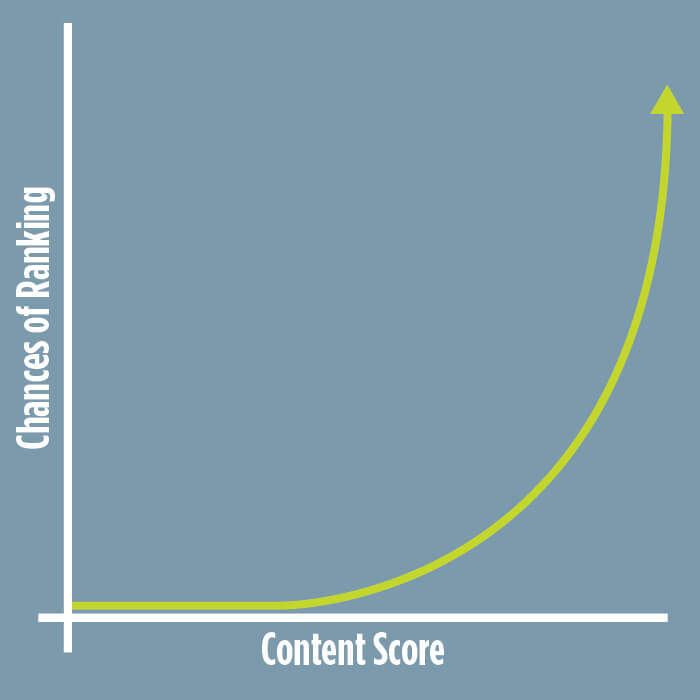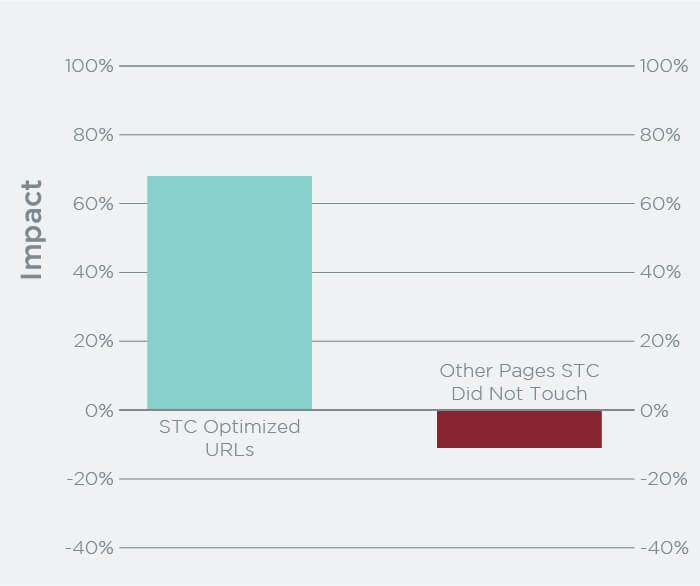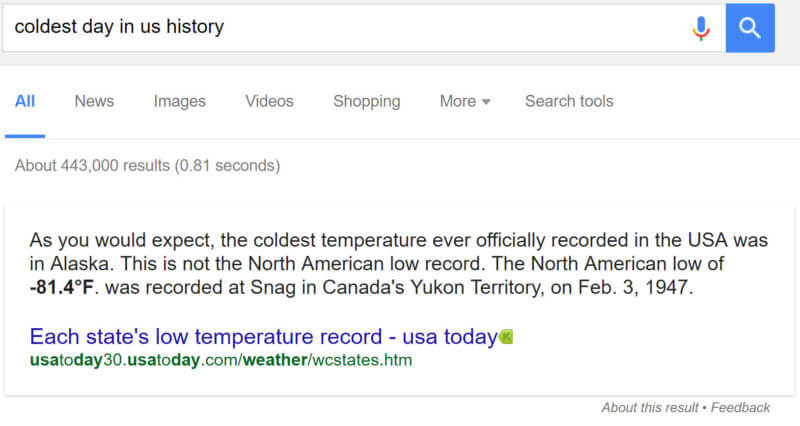Mr. Peebles doesn’t get the importance of serving up quality for his customers. Watch and see what happens to his business! Quality matters, so Google is using machine learning to better understand what humans consider quality at the scale of the Internet.
In this episode of the popular Here’s Why digital marketing video series, Perficient Digital’s Eric Enge explains why that matters for the content on your site, and gives you actionable steps that could dramatically improve your SEO performance.
Don’t miss a single episode of Here’s Why. Click the subscribe button below to be notified via email each time a new video is published. Over a half million views on YouTube!
Resources
- How Machine Learning Impacts the Need for Quality Content
- See all of our Here’s Why Videos | Subscribe to our YouTube Channel
Transcript
Mark: Eric, is content quality really becoming critical for search rankings?
Eric: Mark, I’ll put it this way. These days, I truly believe that the most important things you should concentrate on to improve SEO boil down to just two, the quality of your backlinks and the quality of the content.
[Tweet “The two most important factors for #SEO: your backlinks and the quality of your content. More at >>”]
Based on our experience, and our testing, and observations working with many of the top brands in the country, I think it’s safe to say that as Google’s evaluation of your content quality goes up, your chances of ranking better go up. Exponentially, in fact, as represented in this graph.

Mark: And what role does machine learning play in that?
Eric: Google has made it clear that they’re investing heavily in improving their understanding of language and how humans use it. We’ve already seen Hummingbird and RankBrain, which are two algorithms focused on understanding language better and interpreting what people really want from their search queries.
It follows naturally that in order to match user intent with the best possible response, Google has to be able to better understand not only what searchers are asking, but what content on the page really means and does. They’re using machine learning as one of the primary tools to accomplish those tasks.
Mark: And as you said, our experience and tests have shown that paying attention to content quality already can yield great results.
Eric: Yes, for sure, Mark. Here’s a case in point. A great many eCommerce sites have little more than barebones descriptions on their product pages, but for one of our clients, just adding highly relevant user reviews to the product pages resulted in a 45 percent traffic increase for those pages.
In another case, we replaced written-for-SEO text on category pages of an eCommerce site with handcrafted content that was highly useful to the site’s users. As you can see in this graph, doing so led to a 68 percent increase in traffic to the pages, where we improved the content, while a set of control pages to which we did nothing actually lost 11 percent of their traffic.

Mark: And we have a lot of examples like that. I mean where doing nothing more than improving the content on pages resulted in dramatic increases in organic search traffic.
Eric: Yes. Now, let’s wrap up by explaining why Google is investing so much in machine learning in pursuit of understanding content quality. One place we can see this is in Google’s attempts to bring quick answers to questions right into the search results with various rich answers. Most prominently with featured snippets, which take an answer from a third-party site and feature it at the top of the search results.
The featured snippet you’re looking at below illustrates the challenge faced by Google. The searcher is looking for the coldest day on record in US history. Clearly, Google’s algorithm recognized that the page from “USA Today” had the answer, yet the snippet shown doesn’t contain that answer.

Now, something like that could easily be corrected by a human editor, but that’s not practical at the scale of the web, and with the variety and number of queries Google tries to answer. So they have turned to machine learning, which can over time learn how humans use language and what they really mean by what they say, and do it at a scale that humans could never keep up with.
Mark: You’ve written a great deal more about how Google is using Machine learning to better evaluate content in an article on Search Engine Land. Can you give our readers a few takeaways that they can use and apply to their own sites?
Eric: Sure. First, of course, create high-quality content. We can’t go into all that means in this brief video, but I think content quality is something most of us know when we see it.
Next, measure and continually improve user satisfaction with your site. We believe that, in addition to the actual content on your page, Google is using Machine learning to better understand and reward pages that have a better user experience.
Then, finally, establish authority with good links to your pages. While not a content-related factor, we’ve proven time and again that good links are the foundation of better ranking.
When you bring together a good backlink profile, with awesome content, with a great user experience, you have a killer combination for better results from a search.
Mark: Thanks, Eric.
Don’t miss a single episode of Here’s Why. Click the subscribe button below to be notified via email each time a new video is published.
See all of our Here’s Why Videos | Subscribe to our YouTube Channel

